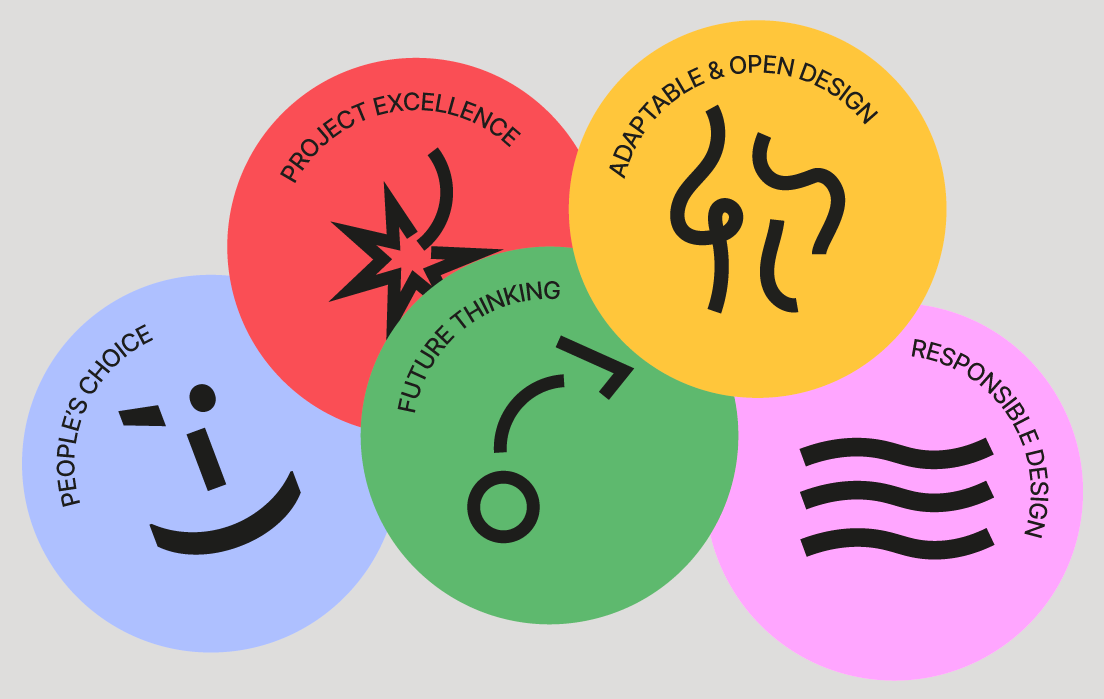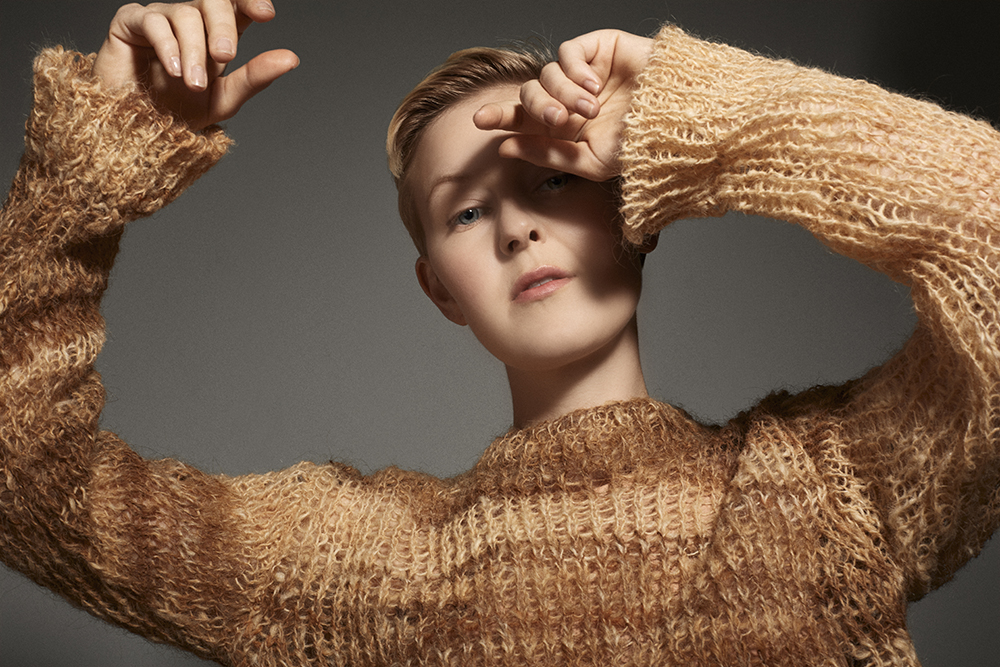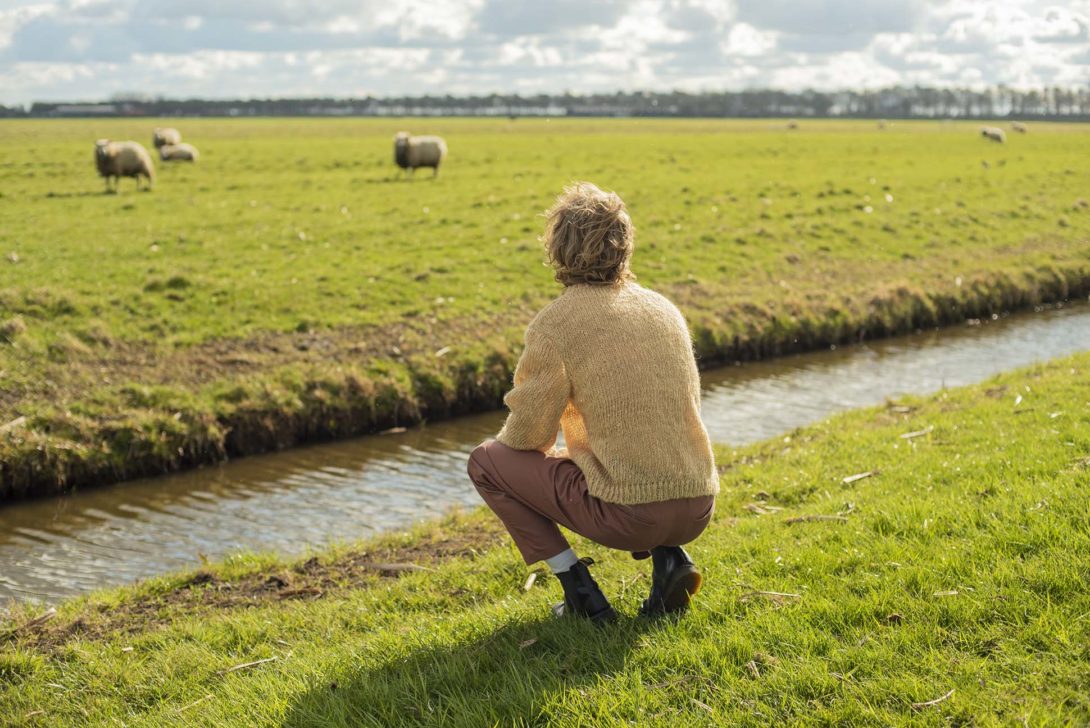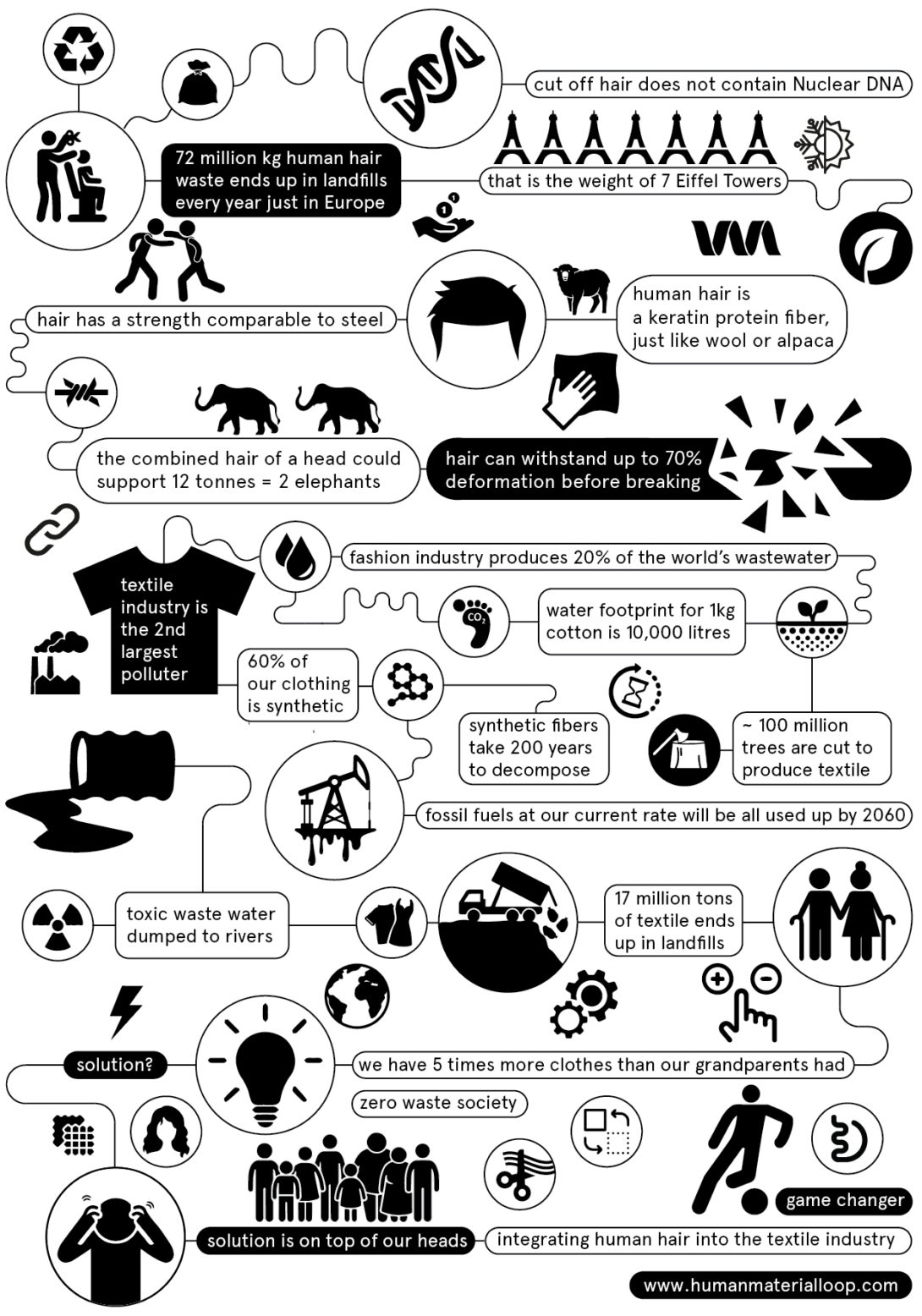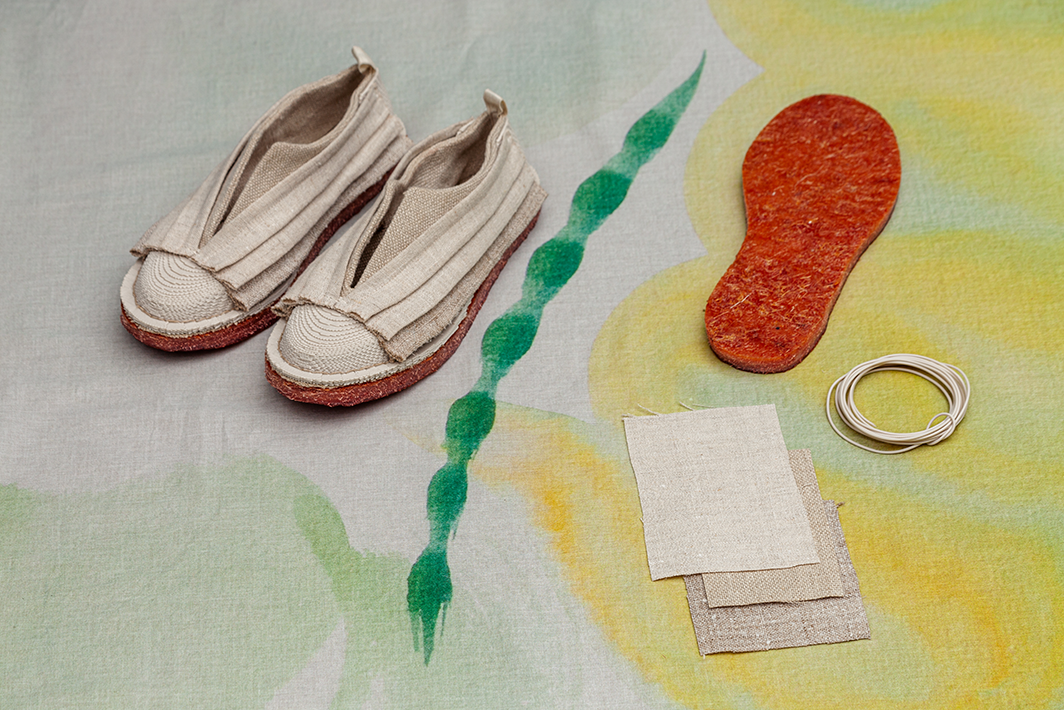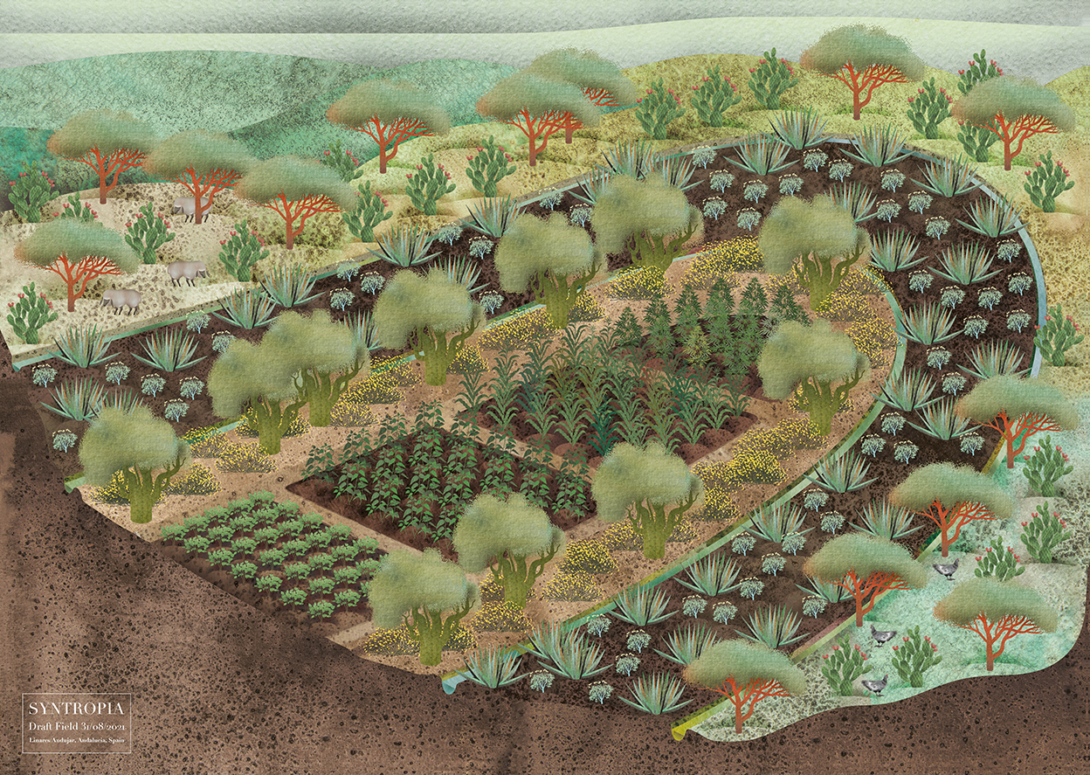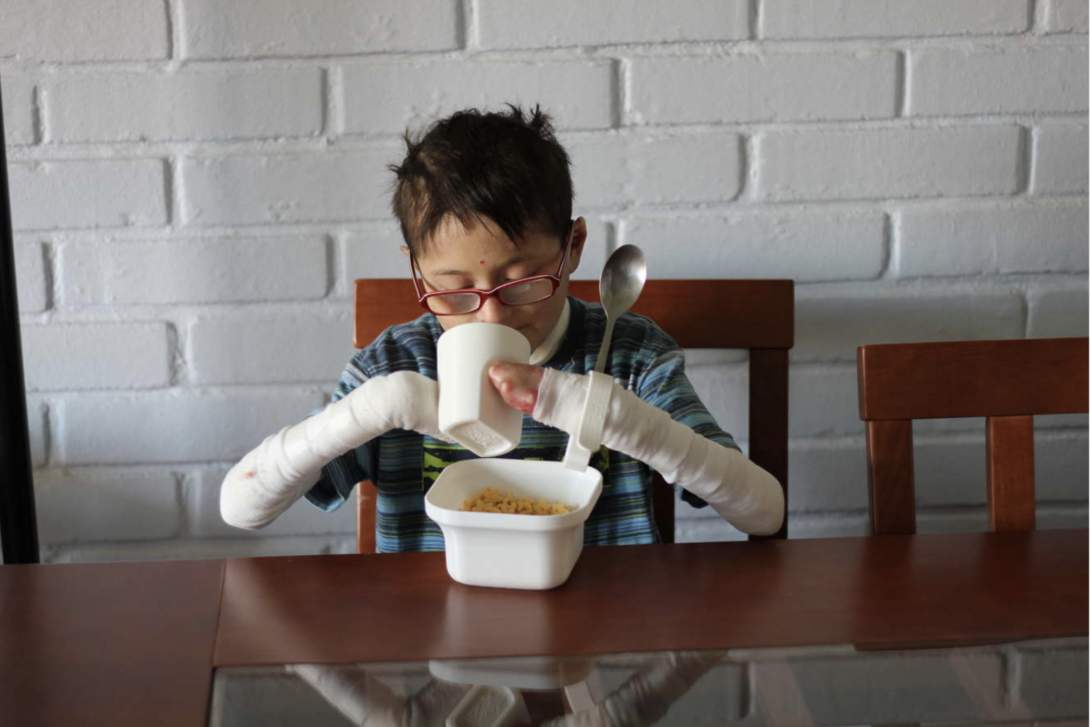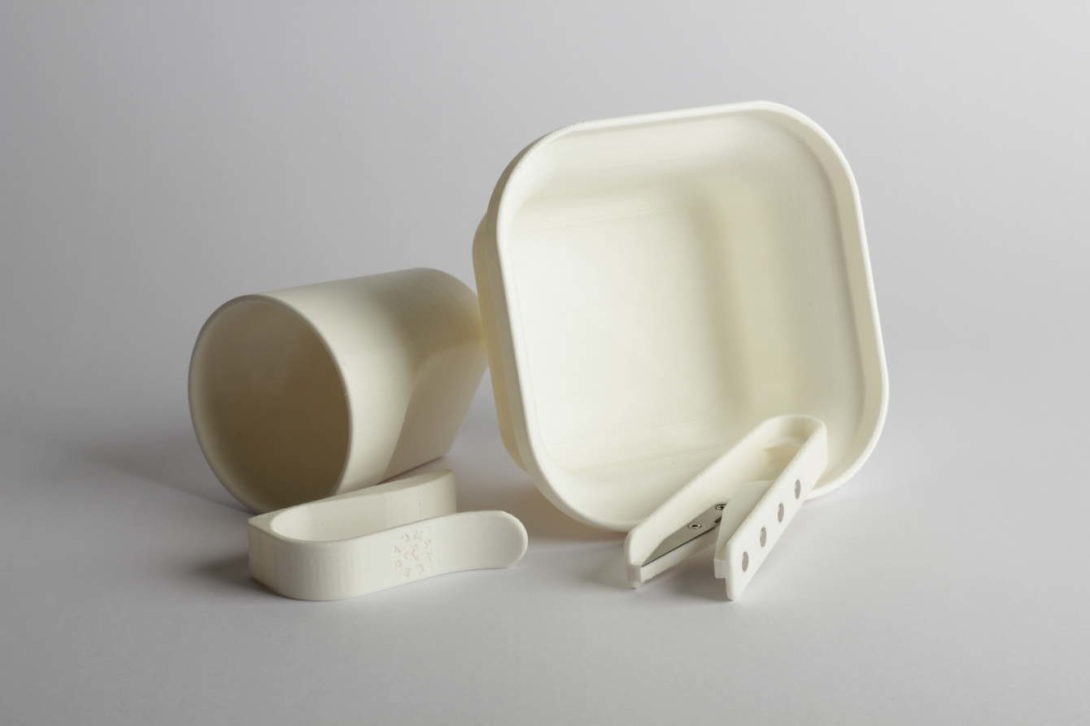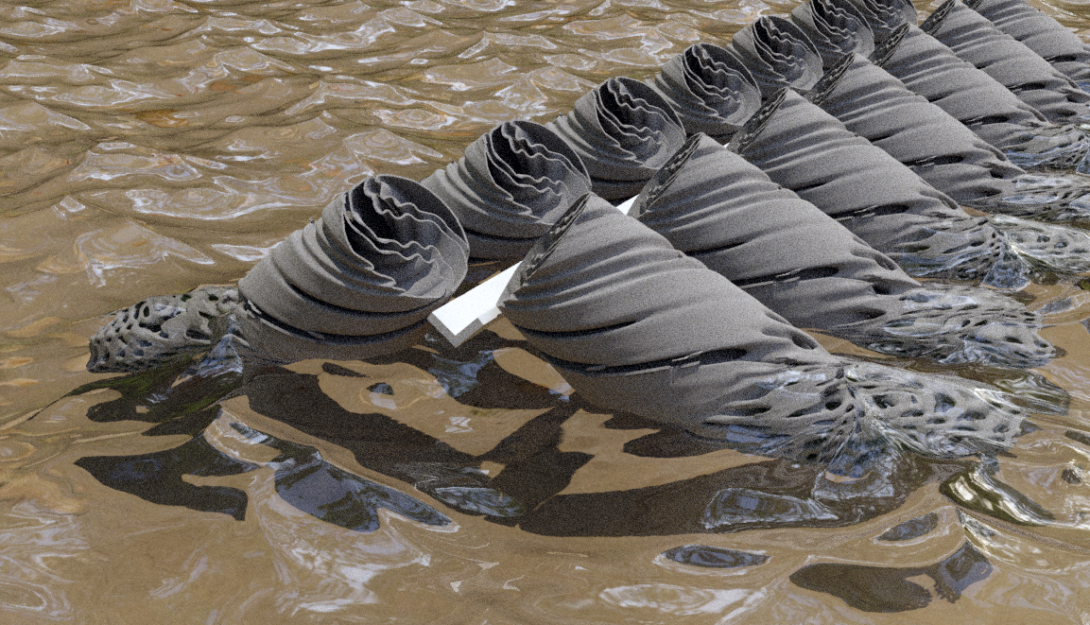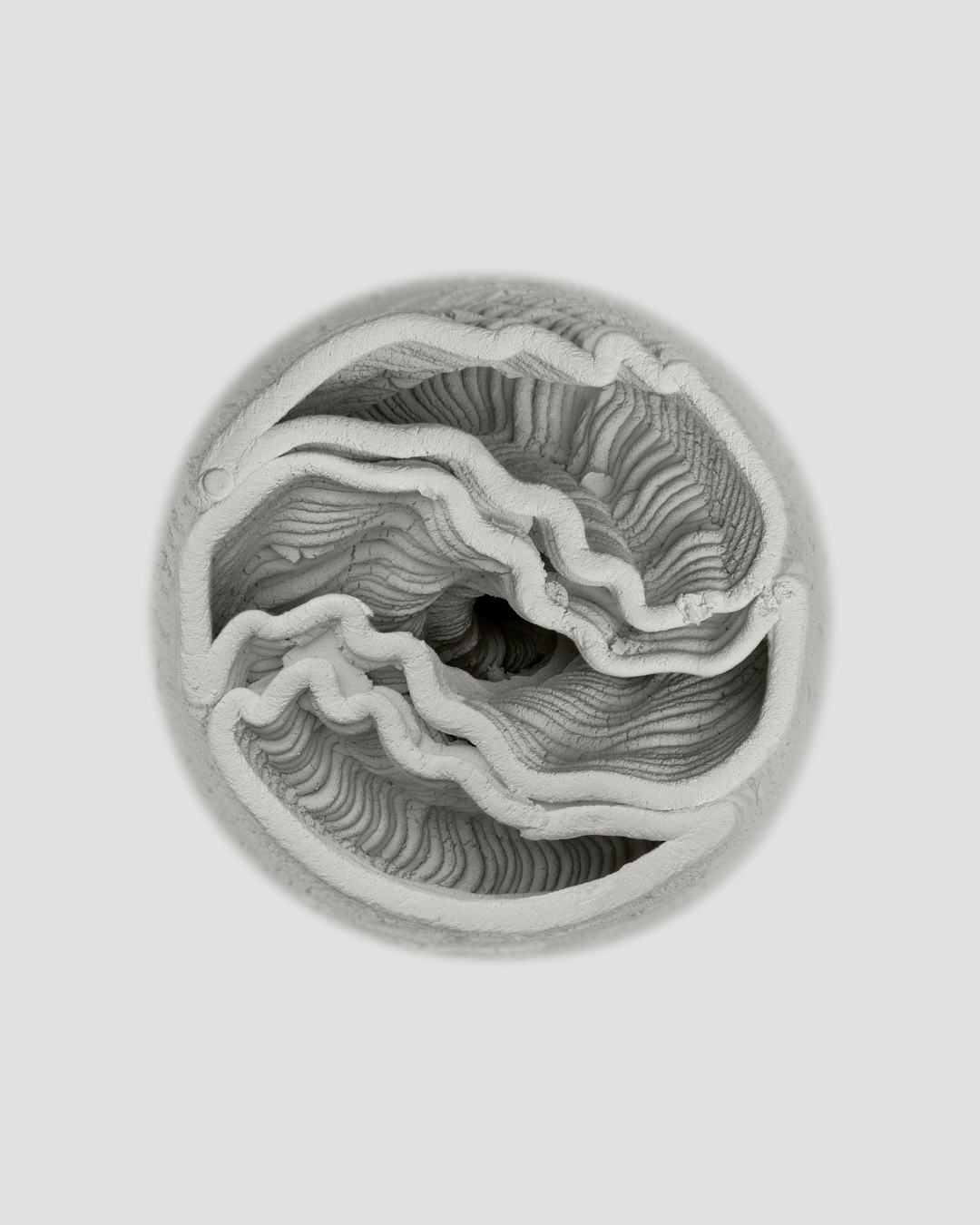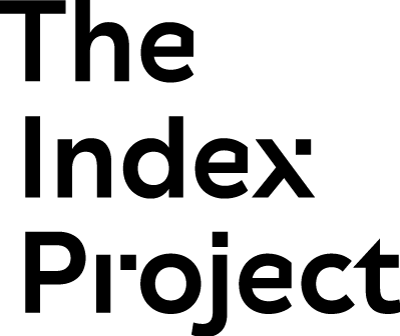Over 80 amazing submissions were shortlisted for this years Distributed Design Awards and 12 finalists selected – and now the 5 winners of this year’s Distributed Design Awards 2022 have been determined! The Jury was very happy to see such innovative, supportive and sustainable design projects from across Europe, embodying the distributed design principles.
The Distributed Design Awards celebrate the best maker and design responses to the post-industrial design paradigm and consist of the categories Future Thinking, Responsible Design, Adaptable and Open Design, Project Excellence Award, and People’s choice.
This year’s jury is made up of international distributed design experts on each assessing round, representing 16 high-profile cultural and design institutions in total, these are: Pakhuis de Swijger, P2P Lab, Happylab Wien, Re:publica, Danish Design Center, Espacio Open, Politecnico di Milano, Ars Longa Paris, Fab Lab Budabest, IPL Politecnico de Lisboa, Open Dot Lab, Fab City Global, Mao Slovenia, Design & Crafts Council Ireland, Foreningen Maker, Fab Lab Barcelona and Institute of Advanced Architecture of Catalunya.
SELECTED WINNER FOR FUTURE THINKING
The Future Thinking winner, designing for a better future, considering social and cultural challenges, will be receiving coaching sessions from Other Today.
Human Material Loop
Created by Zsofia Kollar from Netherlands, the Human Material Loop creates high-performance textiles made out of waste human hair from hair salons, resulting in a a truly circular, 100% recycled and biodegradable product. It also tackles the textile & fashion industries which produces 20% of the world’s waste water and are the 2nd largest polluter.
The other finalists of this category were VAU.R 308, Whole Earth Project and Dodola
SELECTED WINNER FOR RESPONSIBLE DESIGN
Design that engages circular design principles such as responsible materials. It draws on the capacity of local materials and or knowledge, including craft or specialist processes – receiving mentorship from Kickstarter.
Syntropia
Syntropia comes from Austria by the Creative Talents Eugenia Morpurgo and Sophia Guggenberger. It is a shoe project made with bio-based materials which can grow on one polycultural field, therefore challenging the soil and nutrient draining monoculture practices of industrial agriculture and also tackling the highly polluting fashion and textiles industries.
The other finalists in this category were The Purhyphae Project, Hack Your Shack / DOOIY and Found Objects
SELECTED WINNER FOR ADAPTABLE AND OPEN DESIGN
Design that is made open source, is transparent and/or allows for adaptation and/or customisation – the Open & Adaptable Design winner will be receiving one Craftbot 3D Printer.
Make Care
The voting resulted in the victory of Make Care from Spain by the Creative Talents Joaquin Rosas, Christian Ernst, Jose Hirmas and Roberto Broce. It is a serie of open source, 3d printed daily use artifacts for young people with butterfly skin condition, who need daily assistance in things like eating and drinking. Make Care demonstrates a Mreal way of working and designing ” with” and not for people in medical conditions. It also promotes digital fabrication as a real way of solving real problems.
The other finalists of this category were Table Zero, ImPulse and Sticks Into Structures.
SELECTED WINNER FOR PEOPLE’S CHOICE
The winner of the category People’s Choice, receiving a free 1-year subscription plan to Wikifactory and 250 euro discount in the Marketplace.
Bllura Musa
The People’s Choice winner Bllura Musa is the cross-country collaborative project Bllura Musa by Iulia Maria Lichwar, Shridhar Mamidalaa, Batoul al-Rashdan and Claudia Simonelli. It is a Goddess wearable inspired from and mimicking Dead Sea highlighting its environmental concerns in an alternative way as the sea level is dropping its resources are being abused.
The other finalists of this category were Wolfwall and Rehub.
SELECTED WINNER FOR PROJECT EXCELLENCE AWARD
Supported by the public voting, the winner of the Project Excellence category, receiving 2.000 € in project funding and mentoring from The Index Project.
Dodola
Dodola from Slovenia is created by the Creative Talents Žan Girandon, Pia Groleger and Luka Pleskovi?. Dodola’s a ceramic water filter for places where the public water supply isn’t adequate or available, solving social and cultural challenges and supporting human wellbeing as well as sustainability.
A Big Thank You to all the applicants and congratulations to the winners! We appreciate the dedication of everyone who is designing for a more sustainable, circular and supportive world. We hope to continue designing alternatives to mass production together with you.
Take a look at the shortlisted projects and the finalists of this year’s Distributed Design Awards.
THE DISTRIBUTED DESIGN AWARDS ARE AN INITIATIVE OF
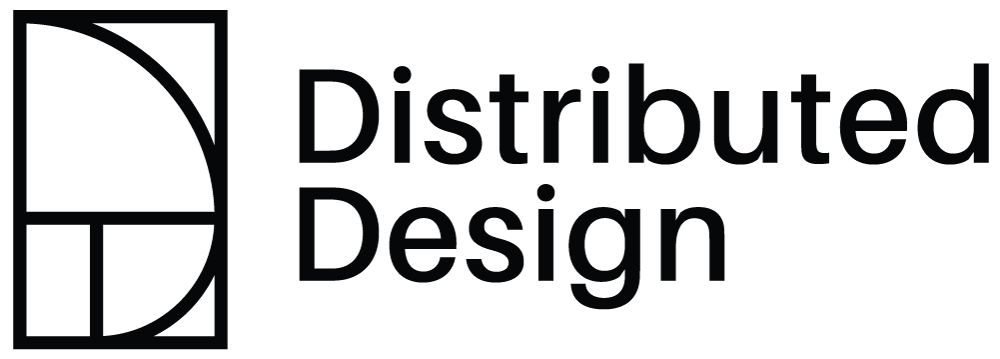
The initiative is organized by Distributed Design, a project co-funded by the Creative Europe programme of the European Union. It fosters the role of emerging Makers and Designers as part of our new digitized world. It celebrates, supports and inspires these professionals from across Europe and provides opportunities to support the mobility and circulation of their work to connect them with new, digital markets.
SUPPORTED BY
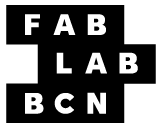
Fab Lab Barcelona is the research and innovation center, situated inside the Institute of Advanced Architecture of Catalonia (IAAC).
We focus mainly on Research, Education, and Services, pushing the boundaries of what Fab Labs can be and do in neighborhoods, cities, and regions. It is also the headquarters of the Global Coordination of the Fab Academy program and leads the Fab City Project, an initiative that aims to develop a new model for locally productive and globally connected self sufficient-cities.
The Distributed Design Platform is led by Fab Lab Barcelona at IAAC.
The Index Project, formerly INDEX: Design to Improve Life, is a Danish nonprofit organisation that promotes designs aimed at the improvement of life worldwide, both in developed and developing countries. The organization is behind the biennial Index Award.
![]()
Kickstarter helps creative projects come to life. Backers have pledged over $6B to projects on their platform, helping artists, musicians, filmmakers, designers, and other creators make their ideas a reality.
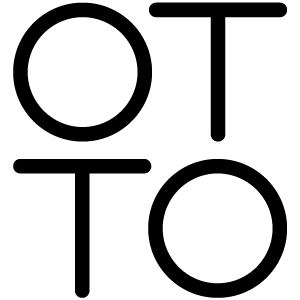
Other Today is a London based design studio that promotes the power of Distributed, Circular and Open design to radically reduce planetary impact, shift power & create a fairer society. Founded by Nat Hunter and Gareth Owen Lloyd, the studio explores how regenerative culture and organisational behaviour can positively impact people, society and the planet.

Craftbot is a Hungarian developer, innovator, and manufacturer of 3D printers. Craftbot offers a range of desktop printers fitting for first makers and spanning to industrialists and manufacturers with the largest professional plug&play IDEX 3D printer currently available in the marketplace. Since its foundation, Craftbot has designed and manufactured 10 different 3D printer models and has sold more than 10.000 units worldwide.
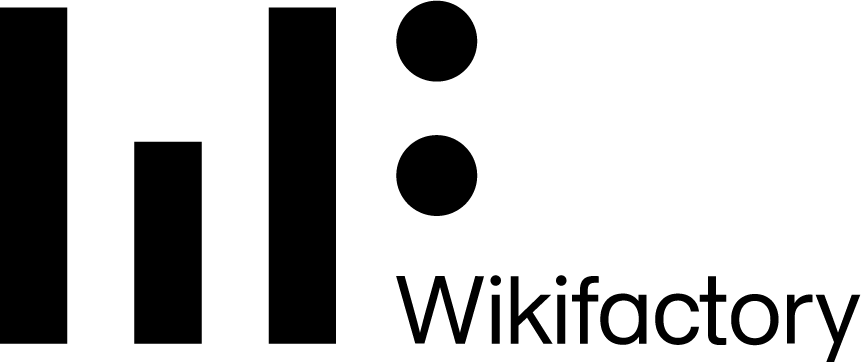
Wikifactory is the place where great ideas become even better products. They’ve embedded an agile hardware product development Workspace within a very different type of social platform. One dedicated to productivity.

Creative Europe is the European Union’s programme to support the cultural and creative sectors (including audio-visual). It supports projects with the potential to travel, reach new audiences and encourage skill sharing and development. Creative Europe will provide €1.46 billion over seven years to strengthen Europe’s cultural and creative sectors.
